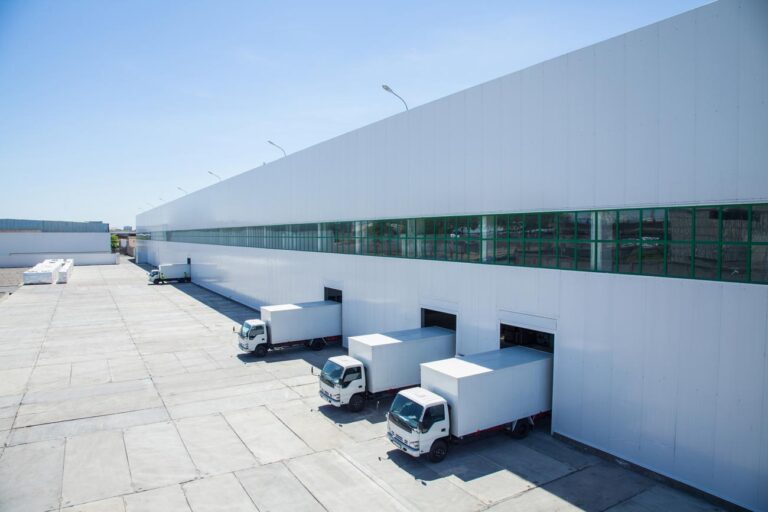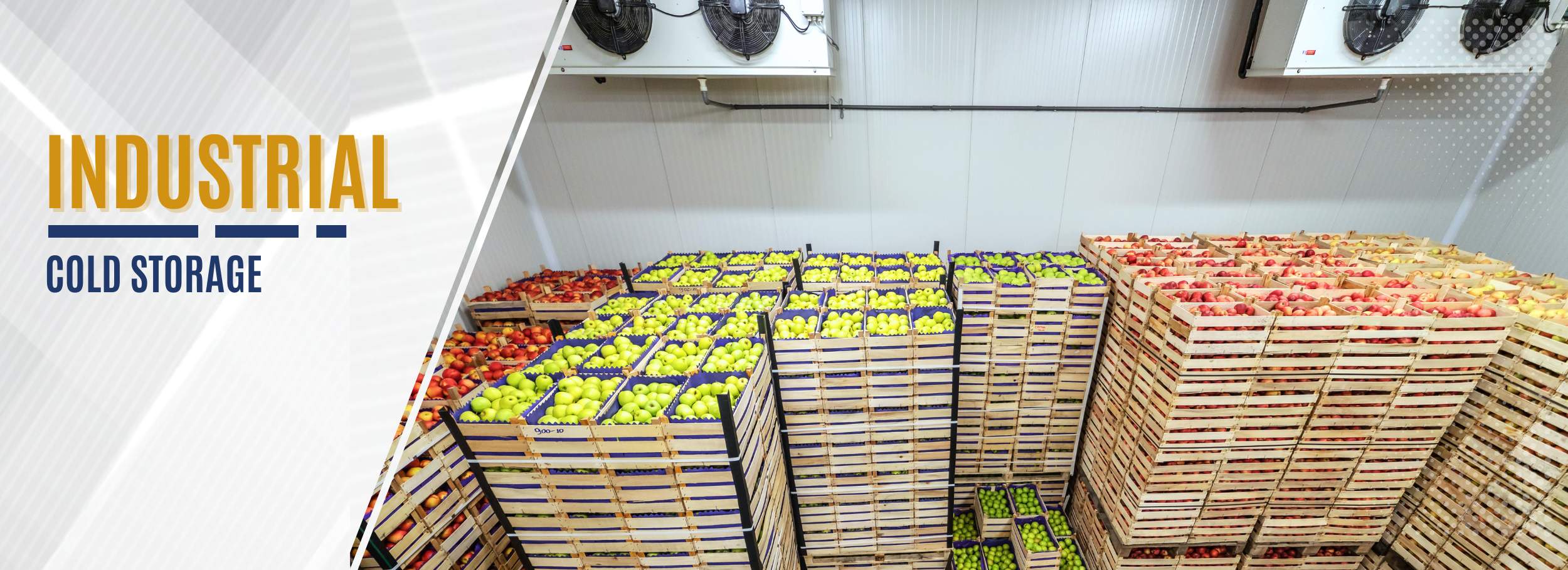
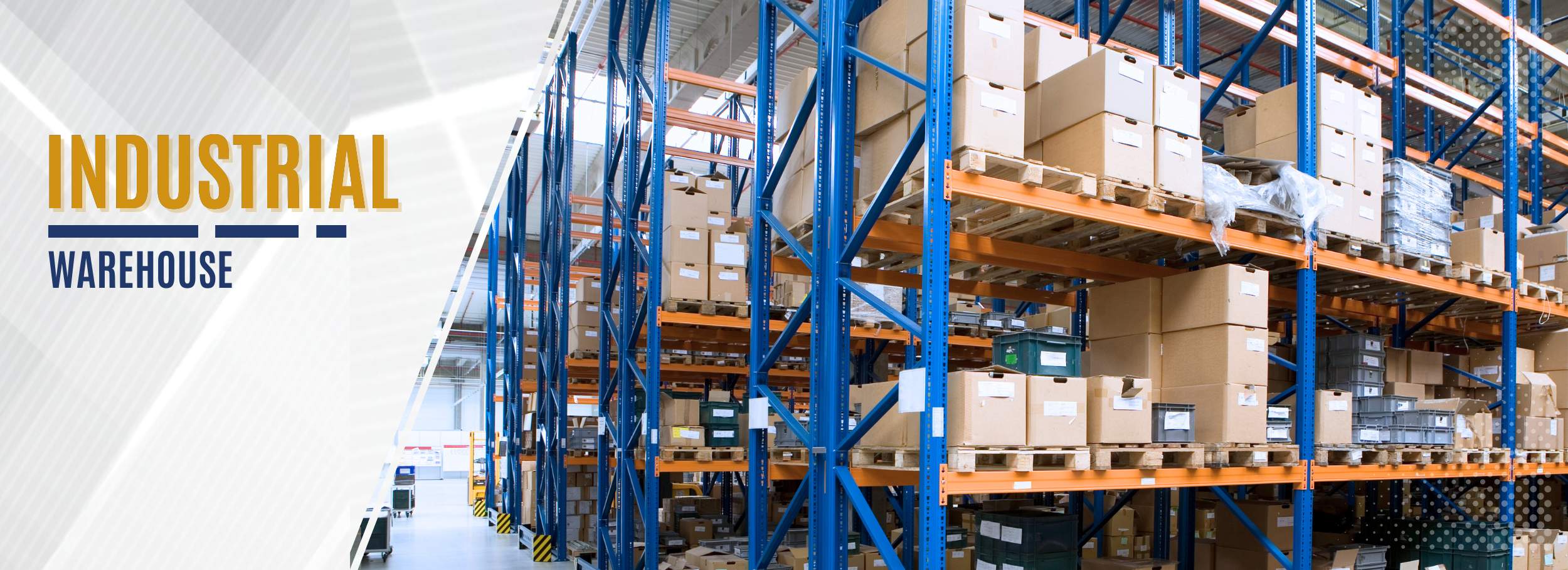
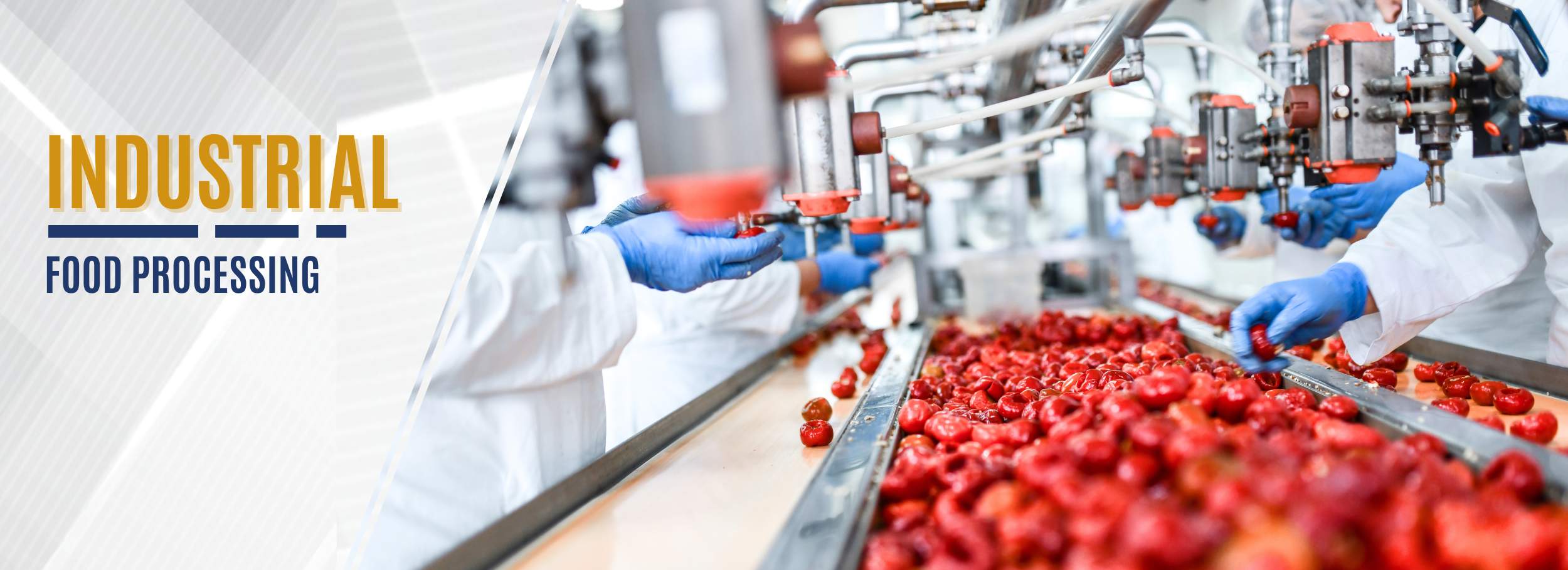
INDUSTRIAL PROPERTY
INDUSTRIAL BENEFIT
The industrial property sector has been on fire across the nation as e-commerce, ghost kitchens, last-mile distribution, and other factors have created even more demand for this asset class. SharpLine has proven experience in all types of industrial assets from landlord and tenant leasing, property management, owner-user and investment sales and acquisitions. In this highly competitive market, it is even more important to have a strategic partner on your side to meet your investment, leasing and site selection goals.

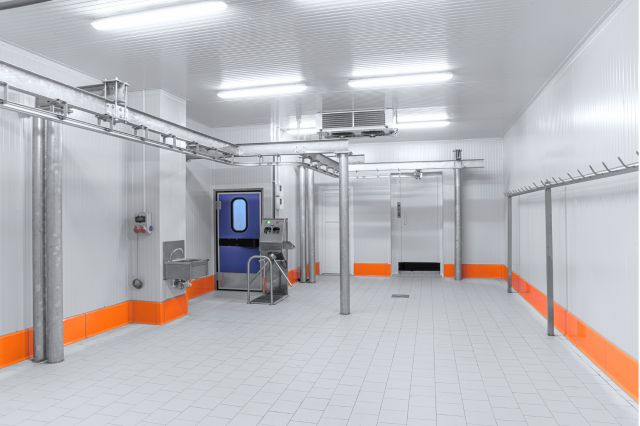
Unleashing Opportunities: Exploring the Benefits of Investing in Commercial Industrial Properties
1. Robust Rental Yields: Industrial properties often offer competitive rental yields, providing investors with a lucrative income stream.
2. Long Lease Terms: Industrial leases tend to be longer in duration, providing greater stability and reducing the frequency of tenant turnover.
3. Essential in Supply Chains: Industrial properties play a crucial role in supply chains, making them resilient even in economic downturns as businesses continue to require storage and distribution spaces.
4. Limited Tenant Improvement Costs: Compared to other commercial properties, tenants in industrial spaces often cover a significant portion of improvement costs, reducing the financial burden on property owners.
5. Scalability for Large Operations: Industrial properties are well-suited for large-scale operations, attracting established businesses looking for expansive facilities.
6. Low Maintenance Costs: Industrial buildings typically have lower maintenance costs compared to other types of commercial properties, contributing to a more favorable cost-to-income ratio for investors.
7. Market Demand: The growing e-commerce sector and global supply chain dynamics contribute to an increasing demand for industrial spaces, making it a strategically sound investment.
8. Adaptability to Technological Advances: Industrial properties can accommodate advancements in technology, such as automated manufacturing processes, making them suitable for evolving industries.
9. Tax Incentives: Depending on the region, investors in industrial properties may benefit from tax incentives, further enhancing the overall return on investment.
10. Portfolio Diversification: Including industrial properties in an investment portfolio provides diversification, reducing overall risk by balancing the investment mix across different property types.
Unlocking Profit and Quality: How Cutting-Edge Cold Storage and Food Processing Transform Commercial Properties
Optimizing Food Safety and Efficiency: Cold Storage and Food Processing Solutions In the competitive landscape of food and beverage industries, commercial properties equipped with state-of-the-art cold storage and food processing facilities offer a significant edge. These advanced infrastructures not only ensure the highest standards of food safety but also streamline operations for maximum efficiency. Here’s why investing in such facilities is a smart choice for commercial property owners and operators:
1. Enhanced Food Safety
Cold storage facilities are pivotal in maintaining the integrity of perishable goods. By operating at optimal temperatures, these facilities prevent the growth of harmful bacteria, molds, and yeasts, thereby reducing the risk of foodborne illnesses. Additionally, advanced food processing techniques such as pasteurization and sterilization further safeguard against pathogens, ensuring that the final products meet stringent safety standards.
2. Extended Shelf Life
One of the primary advantages of cold storage is its ability to significantly extend the shelf life of products. This prolongation of freshness reduces the frequency of spoilage and waste, translating into cost savings and higher profitability. Complementing this, food processing methods like canning and dehydration preserve food products for extended periods, enabling better inventory management and reduced turnover rates.
3. Maximized Operational Efficiency
Incorporating cold storage and food processing into commercial properties enhances operational efficiency. Cold storage allows for bulk purchasing and stockpiling of goods, which facilitates smoother supply chain management. Food processing optimizes product consistency and quality, leading to more predictable production cycles and improved product offerings. This efficiency supports faster turnaround times and greater flexibility in meeting market demands.
4. Improved Nutritional Value and Quality
Cold storage helps in preserving the nutritional content of perishable items, ensuring that consumers receive the full health benefits of the food. Food processing further enhances this by allowing for the fortification of products with essential nutrients, addressing nutritional deficiencies and meeting the needs of health-conscious consumers.
5. Economic and Environmental Benefits
Investing in cold storage and food processing infrastructure not only boosts economic performance but also offers environmental benefits. Efficient processing techniques and reduced food waste contribute to a more sustainable operation. Additionally, the ability to store seasonal products year-round supports a more balanced and resilient supply chain.
6. Competitive Advantage
Commercial properties with advanced cold storage and food processing facilities are better positioned to capitalize on market opportunities. These facilities enable businesses to offer a diverse range of products, maintain high-quality standards, and adapt quickly to changing consumer preferences. This competitive edge is crucial for attracting and retaining customers in a dynamic market.
For commercial property owners and operators in the food and beverage sector, investing in cold storage and food processing facilities represents a strategic move towards enhanced safety, efficiency, and profitability. By leveraging these advanced systems, businesses can ensure the highest quality of their products, reduce waste, and meet the evolving needs of the market, all while supporting a more sustainable future.
RESOURCES
© 2016-2024 SharpLine® All rights reserved.

